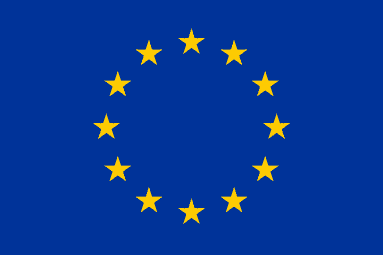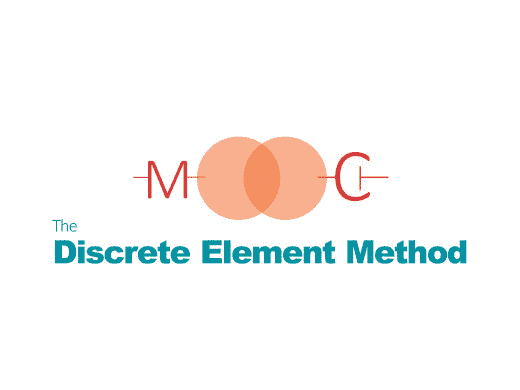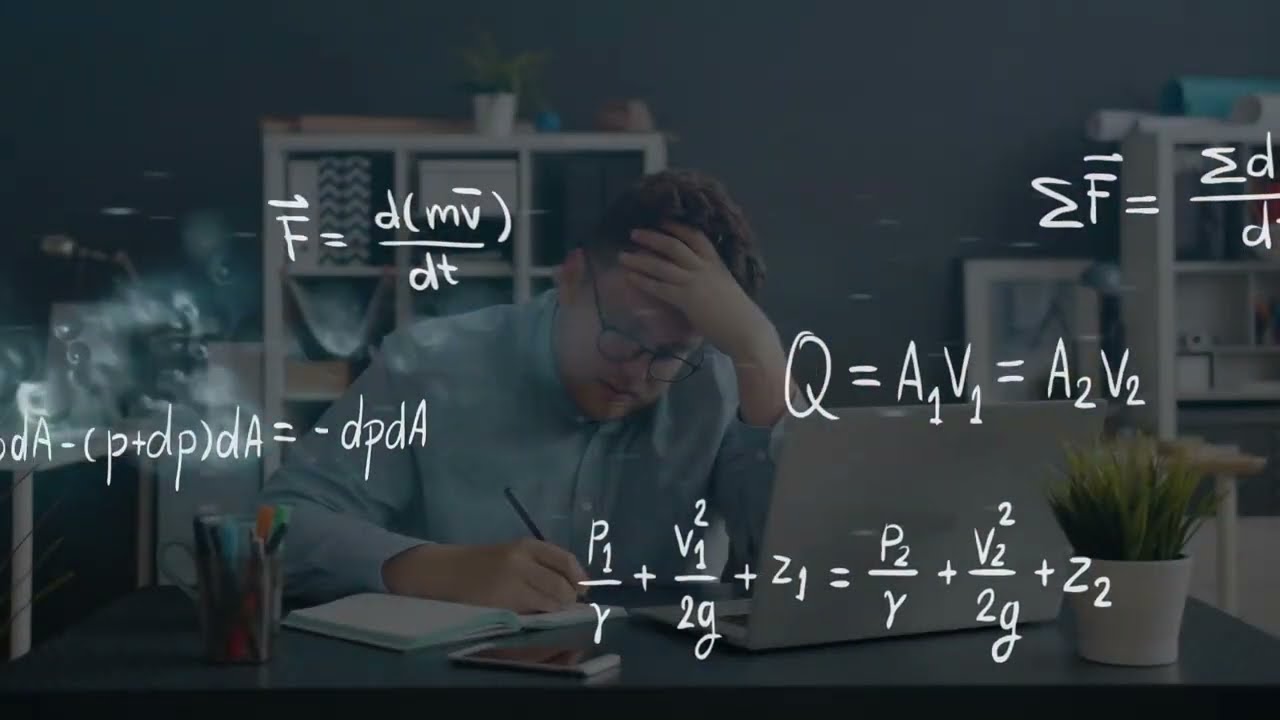The Discrete Element Method
Kurssin aloitus: 3. lokakuuta 2023
The Discrete Element Method
Stefan Radl
Tieteellinen luokittelu:
Kurssin aloitus: 3. lokakuuta 2023
The Discrete Element Method
Stefan Radl
-
Kestoaika: 7 yksikköä
-
Työmäärä: 2 tuntia/viikko
-
Nykyiset osallistujat: 427
-
Lisenssi: CC BY 4.0
-
Kurssin aloitus: 3. lokakuuta 2023
-
Kurssin loppu: 18. elokuuta 2024
-
Nykyinen tilanne: Käynnissä oleva kurssi
-
Käytettävissä olevat kielet:
Traileri
Kurssin tiedot
Yleistä tietoa kurssista
The Discrete Element Method (DEM) is a computational method to predict the flow of particles. Since such flows are frequently encountered in nature and engineering practice, the DEM has emerged as a powerful and valuable tool in science and industrial practice.
But how does the DEM work? Which information is needed to make a prediction using the DEM? This MOOC provides a basic course that allow you to answer these questions!
Kurssin sisältö
In this MOOC, both fundamentals and more advanced topics related to the DEM are covered. The ultimate goal is to provide the mathematical foundation and software skills to correctly setup and interpret a DEM-based simulation. For this purpose, a number of calculations, as well as simulation examples will be discussed.
The course is divided into seven units that are grouped as follows:
- Introduction (unit 1)
- Part 1: DEM Fundamentals
Theoretical Foundations of the DEM (Unit 2)
Force Model Closures – Essentials (Unit 3)
Practical Aspects when using the DEM (Unit 4) - Part 2: DEM Advanced Topics
Force Model Closures – Advanced (Unit 5)
Calibration, Verification and Validation (Unit 6)
Modeling Non-spherical Particles (Unit 7)
Oppimistavoitteet
After attending this MOOC, the participants should be able to...
- ... configure and run a DEM simulator
- ... postprocess and interpret results from a DEM simulation
Edellytykset
The MOOC assumes only some basic knowledge of mechanics and mathematics. Specifically, this includes:
- Newton’s laws of (translational) motion
- Basic vector operations (addition, various forms of vector multiplication)
Kurssien aikataulu
Each unit is structured as follows:
- an introductional video lays the foundations of each unit.
- one or more videos with interactive questions form the core of each teaching unit
- these videos are followed by self-assessment quizes to check the knowledge gained. In order to obtain the MOOC certificate, at least 75% of the points must be achieved in each of these quizzes.
Hand outs (PDFs) are provided to help the students in taking notes, as well as to underline key learning concepts.
For the particularly motivated, we offer additional material: For example, these are more complex questoins and calculations, or larger simulation examples. Worked out examples of this additional material can be handed in to collect the credits for the accompanying TU Graz course of Prof. Radl.
Participants are encouraged to raise questions in the accompanying forum. These can then be answered by both the course creators and the participants.
Sertifikaatti
Lisenssi
Lisäsisältö
Collect ECTS with this MOOC!
You can also collect ETCS. Please register via TUGRAZonline, and enroll in the course CHE.874UF ("Design of Multiphase Flow Processes"). This course will be offered in the summer semester 2024.
Kurssin ohjaaja

Stefan Radl
Stefan holds a PhD in chemical engineering from Graz University of Technology (TU Graz). During his PhD and post-doc studies he developed and used DEM-based simulators, as well as associated post-processing tools. Since 2018 he is an Associate Professor at TU Graz, where he holds a venia docendi for the subject “particle technology”. His interest is in connecting different simulation tools for particulate and suspensions flows, as well as applying them to challenges faced by the chemical industry.
Kumppanit
This MOOC is based on the outcome of two projects that received funding from the European Union’s Horizon 2020 research and innovation programme: Marie Skłodowska Curie grant agreements No 812638 (CALIPER) and 813202 (MATHEGRAM). Partners - in addition to TU Graz - that contributed to this MOOC include:
- DCS Computing (Austria)
- INTERNATIONAL CENTRE FOR NUMERICAL METHODS IN ENGINEERING (CIMNE; Spain)
- Johnson Matthey (UK)
- University of Navarra (Spain)
- University of Surrey (UK)
- Wageningen University (Netherlands)

Graz University of Technology






